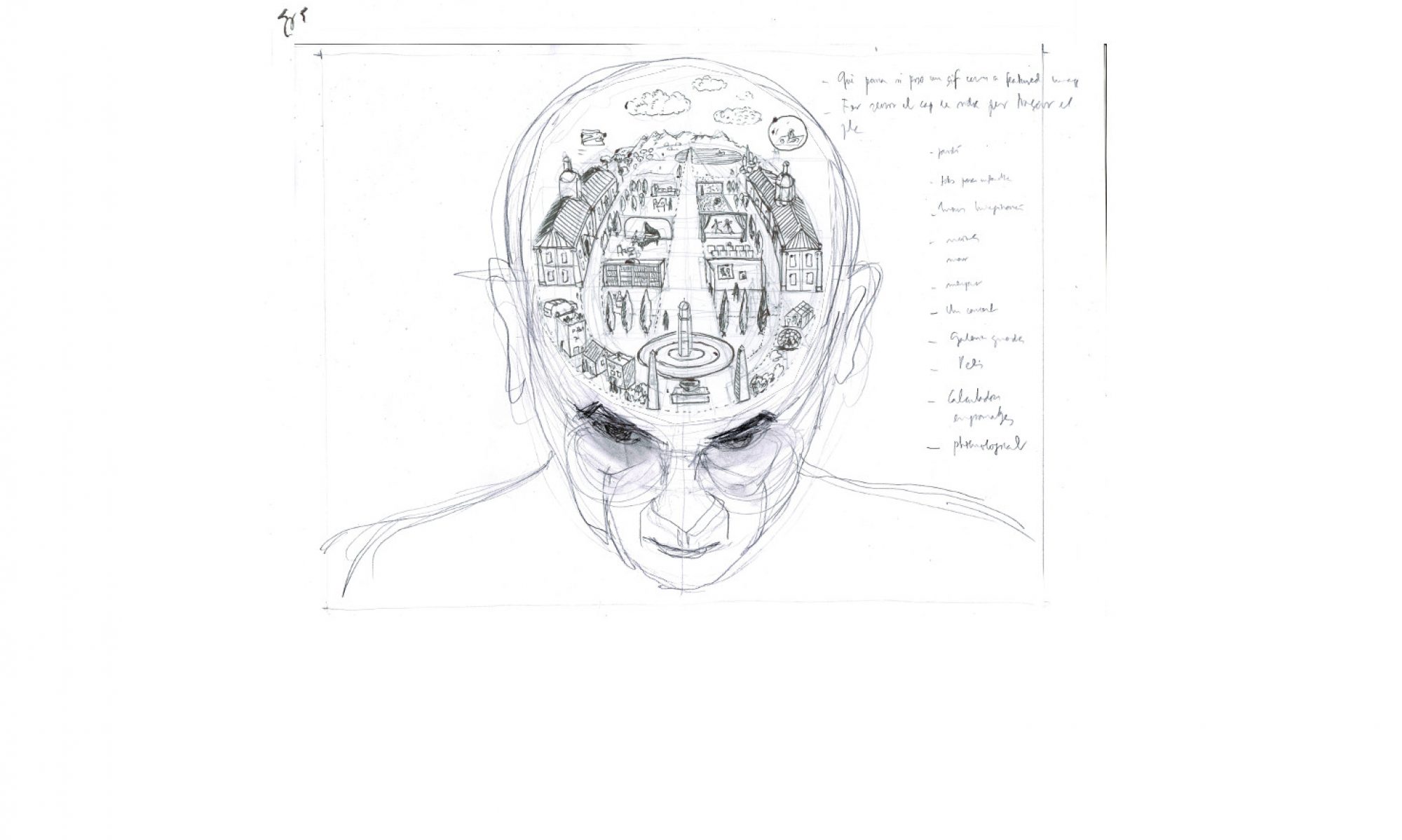Xina Zhou (1000 – 256 BCE)
Anònim (-324)
Quan el vent
Quan el vent t’infla els dos vestits de seda
sembles una deessa enmig dels núvols.
Les flors de l’esbarzer, quan passes, beuen
el teu perfum. I aquests lilàs que portes,
collits per tu, tremolen d’alegria.
Uns anells d’or els teus turmells cenyeixen
i et brilla amb pedres blaves la cintura.
Al cabell portes un ocell de jade
que hi ha fet niu. Tens a la galta roses
que el collaret de perles emmiralla.
Si em mires, veig el riu Iuen que passa.
Si em parles, sento clarament la música
del vent del meu país a la pineda.
Quan, al capvespre, un cavaller et trobava,
es pensà que era l’alba i amb mà dura
parà el cavall. Si un mendicant s’acosta
pel teu camí, la seva fam oblida.
(Marià Manent, Com un núvol lleuger)
Dinastia Han (221 BCE – 220)
Jia Yi (200-168 BCE)
The Owl
He melts ten thousand things like brass
or scatters them, and so he doles
out being and nonbeing in one mass.
There are no rules by which to bind
the thousand shifts, ten thousand changes
with no known end. One day you find
they chance to make you human. Strange
fortune that turned you to this form,
but why hold on to it so tight?
In death again you’ll be transformed,
so why be worried, why feel fright?
The fool adores himself alone;
disdains all others, hoards his life
but men of wisdom don’t disown
the rest, they have a broader sight.
The greedy die for gold in towers,
the heroes die for fame and live
as names, vain men die for power,
but common people just survive.
The driven and the needy are sent
far off, are pushed to east and west.
But the great man will not be bent,
at ease with change, his mind at rest.
The stupid man, bound by conventions,
will suffer like a man in jail; how
free the sage is, with purged attention,
he’s unattached, alone with Dao.
The masses live a messy riot
with likes and hatreds in their hearts,
but the immortal man is quiet,
he moves with Dao in peace, apart.
Releasing mind and leaving shapes
behind, he loses self, transcends
and floats without support in space.
He soars with Dao beyond all ends
and sails off on a current, rides
until he finds a river isle
and leaves his body to the tide,
giving up selfhood with a smile.
His life is like a floating weed,
his death is like taking a nap.
He quiet as the void, and freed
to drift, his unmoored boat escapes.
He does not treasure his own life.
His open boat in emptiness
drifts on, and so this man can live
unburdened and without distress.
Be free and have trust in your fate
and be a man who seeks what’s true
and though the thorns and weeds may scrape,
what can such trifles mean to you?”
Tres regnes 220-618
s3-s4 Zi Ye segles 3-4)
The songs of “Lady Midnight,” or Zi Ye, were attributed to young woman who lived during the Jin dynasty. The sexual frankness of her work suggests that she was a singing girl.
Four Seasons Song: Autumn
She opens the window and sees the autumn moon,
snuffs the candle, slips from her silk skirt.
With a smile she parts my bed curtains,
lifting up her body-an orchid scent swells.
